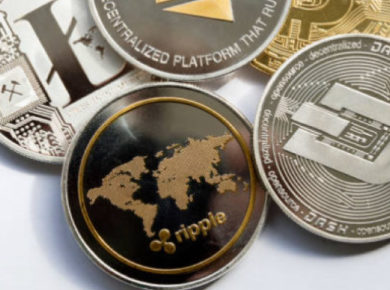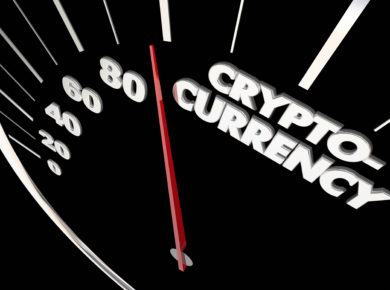The Inland Revenue Authority of Singapore (IRAS) publishes a draft guide that details the conduct of goods and services tax (GST) towards cryptocurrency transactions, owing to the increase in the use of cryptocurrencies as a mode of payment.
This draft covers cryptocurrencies like Bitcoin, Ethereum and Litecoin as well as digital payment tokens such as Ripple(XRP), Monero, Ripple, Dash, Monero and Zcash. The draft states that cryptocurrency users can use their digital currencies as cash and are not subject to GST.
New guidance will take effect on January 1, 2020. IRAs stated that the GST position has been reviewed to ensure they are up to date with all the latest developments in crypto. The IRAs recognize that cryptocurrency taxation would lead to two tax points. The first will occur during the purchase cryptocurrency, and the second will occur upon its use as a payment method to other goods or services that are subject to GST.
Draft also addressed the second side of the transaction. This is the merchant’s responsibility to account for the sale. According to the draft,
“If you receive digital payment tokens as a return for your supply goods or services, and you are GST-registered you will need to account for the output tax on that supply (unless it is exempted or a zero-rated supply).
“GST-registered business A uses Bitcoin to buy software from GST-registered business B. Since January 2020, Company A won’t be considered to have made any Bitcoins. Therefore, it will no longer need to account the output tax. Company B will be responsible for the output tax it charges for its supply of software.
The digital payment tokens tag doesn’t include loyalty points, game credits, or tokens issued on private Blockchains. Stablecoins and digital assets pegged to other currencies are exceptions. Notably, the GST position change does not necessarily mean that IRAS endorses cryptocurrency investments.











